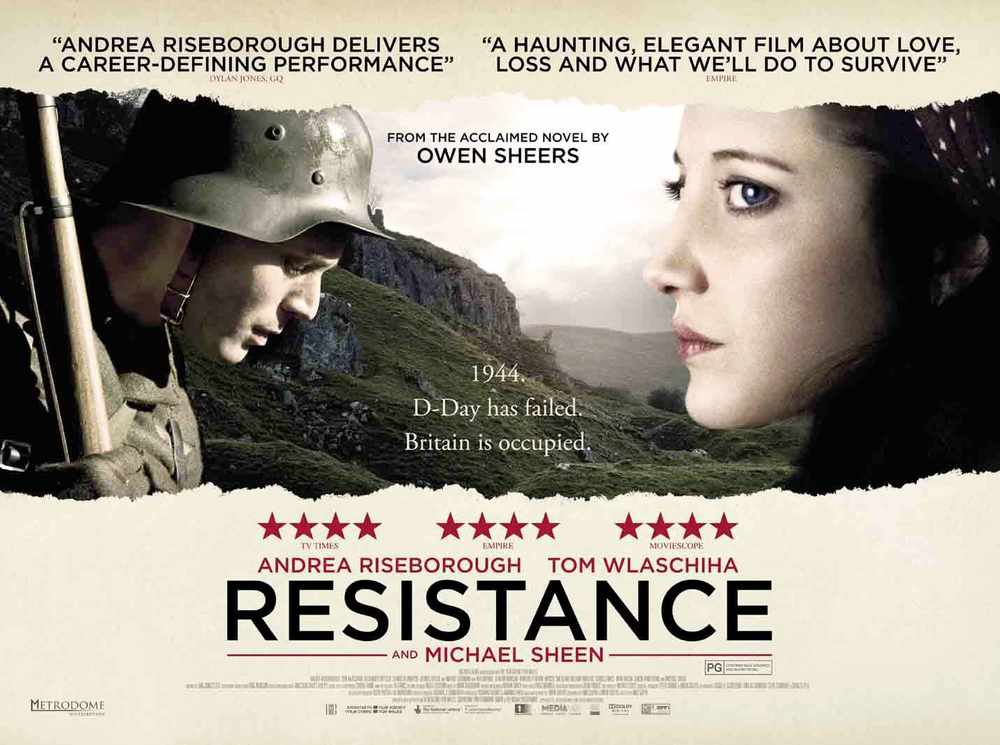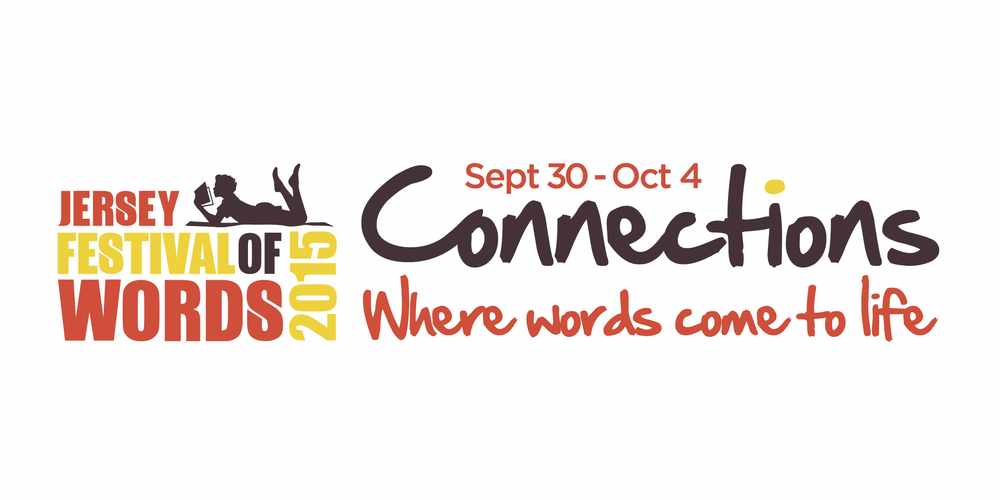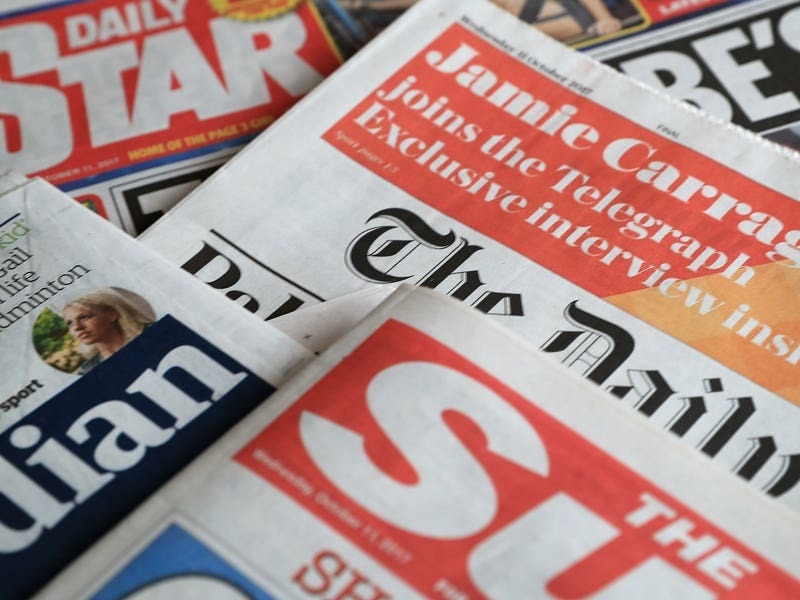Welshman Owen Sheers is looking forward to taking part in Jerseys new literary festival at the end of September. He spoke to Gill Kay.
POET, author and playwright Owen Sheers is in a car with his wife Katherine at the wheel, and he is trying to conduct a phone interview as he heads home to Wales.
The line breaks up now and again, but what comes across clear, and unexpected, is that despite his Welsh credentials, Owen speaks with an indefinable but definitely English accent.
He is a very busy man and is just returning from a launch tour for his latest book, I Saw A Man, with visits to France and London to give readings and hold press interviews.
Although he might be regarded as a Welsh poet and writer, he asserts that his work is aimed at everyman.
‘Being Welsh is important, but I’m nervous of the idea of a writer being defined by their nationality,’ he said.
‘Off the top of my head, it’s hyfryd, with a nice strong roll of the R, which is Welsh for lovely.’
‘You’re informed by your culture, of course you are, but one of the main reasons you write is to cross borders and to write beyond ideas of nationality.’
Owen will be performing his award-winning verse drama Pink Mist at Connections: Jersey Festival of Words.
‘Apart from the fact that it looks like a great festival with a fantastic line-up of authors, I’ve never been to Jersey,’ he said.
Owen researched the history of the Occupation in the Channel Islands for his debut novel, Resistance.
The book centres on a Britain that has lost the Second World War and is occupied by German soldiers and the effect that has on a small farming community in Wales.
It is a theme that would resonate with many Islanders.
‘I did a lot of research on the Occupation because it was important, and there were elements that informed the novel,’ he said.
The book has been adapted into a film and among the author’s numerous awards for poetry and drama are the Somerset Maugham Award for his poetry collection Skirrid Hill, the Amnesty International Freedom of Expression Award for his play The Two Worlds of Charlie F, and the Hay Festival Poetry Medal and the Welsh Book of the Year for Pink Mist.
Pink Mist (a reference to when a man is blown up next to you) is based on the Afghan War and one of the reasons why the Independent described him as ‘the war poet of our generation’, an accolade that Owen is hesitant to accept.

‘There’s an important difference because when we say war poets, we think of combatants, people who’ve had first-hand experience.
‘In the case of Pink Mist, it was a based on 30 interviews with service personnel and their families,’ he said.
‘And to write so much about war was never something that I set out to do.
‘It’s grown organically though my projects, but also because my professional life evolved parallel to the 9/11 events.
‘We’ve been involved in conflicts, involved in wars, the whole time I’ve been writing.
‘So even writing something historical like Resistance or even Mametz (written for the centenary of the First World War), you always want to use them as a prism through which to examine the issues about today as well.’
But he is not only inspired by war, and an idea for a story or a poem could come from anywhere.
‘It could be a story someone told you, something you’ve seen, an experience you’ve had.
‘Sometimes it’s not even a sentence or a line in terms of words, but it’s the rhythm.

- Connections: Jersey Festival of Words will run from 30 September to 4 October and Owen Sheers will appear at the Opera House on Saturday 3 October.
- One section of the festival will be dedicated to war and remembrance, and includes the performance of Pink Mist by Owen Sheers.
- The story of fashion in the Second World War and how women from all walks of life coped with the challenges will be covered by Julie Summers, best-selling author of Jambusters, in her presentation called Fashion on the Ration.
- Another award-winning writer, Alex Preston, will talk about his third novel, In Love And War, about a young Englishman in wartime Florence.
- Soldier-turned-BBC journalist Christian Hill will give a behind-the-camera account of his experiences as a British Army combat camera team leader in Afghanistan in 2011.
- For more information, click here.
‘I’m becoming more interested in musicality in poetry.
‘There’s a reason why lyric poetry is called lyric poetry – it’s because it is inherited from music.
‘But I also learned a lot about in writing Pink Mist. As a verse-drama it’s rhythmically driven, even if your vocabulary perhaps is more constrained than usual.’
Owen was born in Fiji in 1974, but his parents returned to their home in Abergavenny, where he spent most of his youth.
He is married to Katherine, who is from Abergavenny, and they have a young daughter.
They moved to Talgarth in the Black Mountains, where the writer hopes to be able to settle into a stricter writing regime.
‘I’d love to be more disciplined when it comes to writing, but we’ve got a 14-month-old daughter now,’ he said with a smile.
‘I’ve always aspired to the perfect writing day, but often there are periods when you’re hot-housing projects, doing a lot of thinking, researching, and then there’s a race to the deadline and it’s suddenly 100 per cent all or nothing.’
One of his more unusual projects was a year-long residency with the Welsh rugby union team in 2012.
‘I’ve been a fan since I was a boy, so to get that sort of access was extraordinary,’ he said.
‘It was fun but also one of the hardest working environments I’ve ever been in because I wanted to get under the skin of what it meant to be an international rugby player.
‘An international sports team room is a very sacred space by its very nature.
‘It’s not built for outsiders to come in and ask a lot of questions.
‘I was there for a year, which was good because it meant I could take a really slow-burn approach.’
The resulting book was called Calon, and Owen toured schools to talk about the project and his writing.
‘It was a great way of attracting readers, especially boys, into literature. I published a poem in every match-day programme, which meant 80,000 programmes every Six Nations match.
‘I got poems on the sports pages of The Times and that was what the residency was all about – saying that we’ve got a false separation between the physical world and the intellectual world, but we can have both and they actually feed off each other very well.’
Owen had a stammer in his youth, which is some ways led him to becoming a poet. ‘I was always interested in writing but having a stammer made me acutely aware of language and words.
‘If there was a certain word I couldn’t say, I’d search for another word.
‘At the same time I’d be aware that word might be slightly different and not what I wanted to say.
‘So undoubtedly there was a very genuine relief to put things on a page I wasn’t able to say in speech.’
He admits that at one point he found it difficult to speak in public, but these days he enjoys attending festivals.
‘They’re fantastic places to meet other writers. I’ve had so many ideas that have grown out of that.
‘Also it’s a real privilege to meet the readers or anyone who has chosen to spend time to read your books.
‘And if they’ve also taken the time to come and hear you talk about it, that’s even better,’ he said.
‘At the moment I’m talking about I Saw A Man, but by the end of this year I’ll have done 50 events in the US and Europe.
‘Then I’ll feel ready to sit down at my desk and have a quiet time!
‘Nothing happens unless you go into those quiet hours, sit at the desk and think. And write.’






